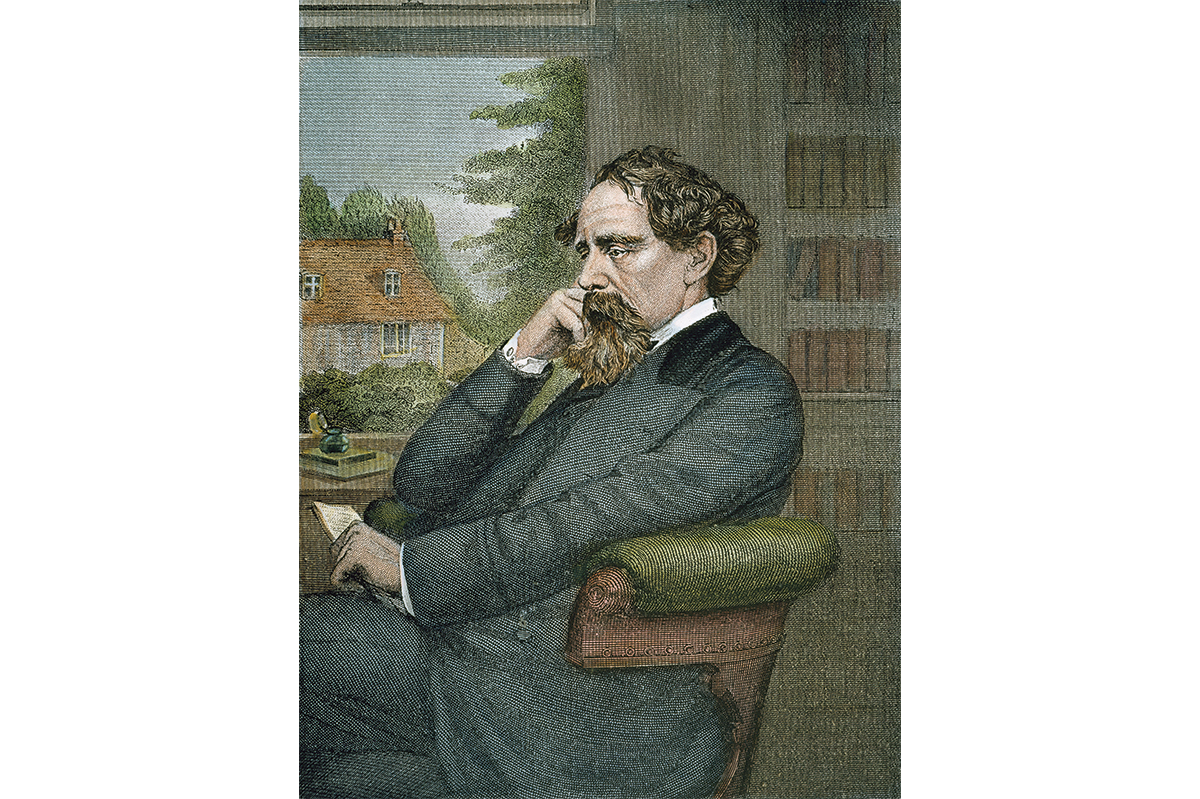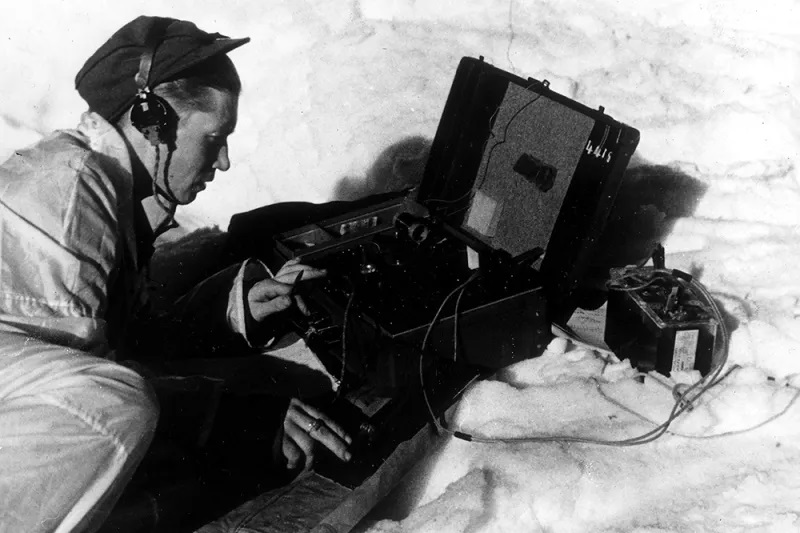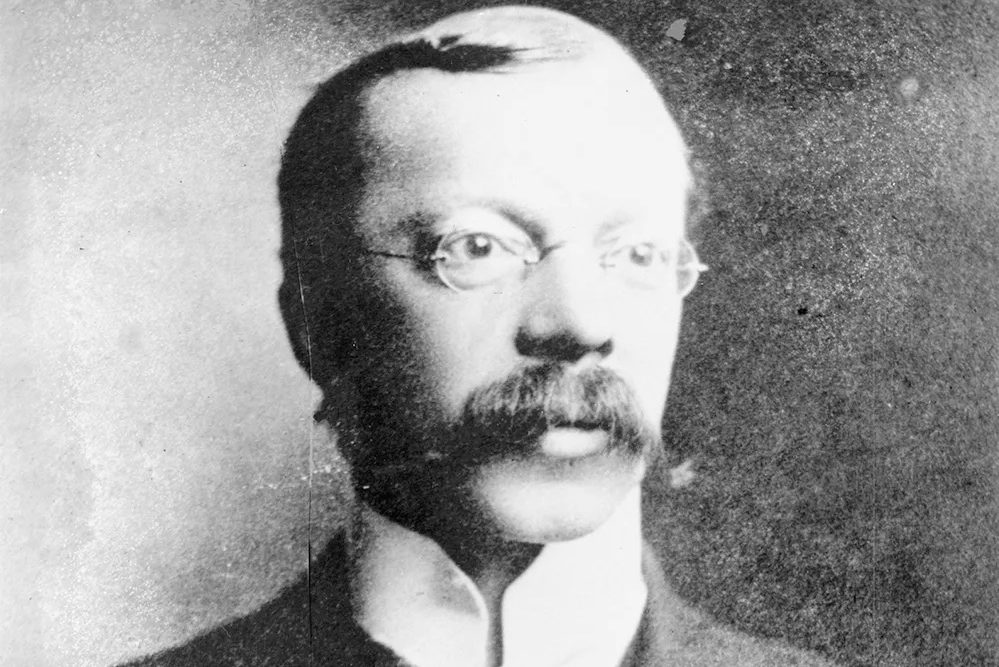Frank Bascombe, the narrator of Be Mine and several other novels by Richard Ford, is, as always, living a horribly tragic life. In previous books, his son dies, his wife leaves him, he can’t find love, he gets cancer and has radioactive devices implanted in his prostate. He fails as a writer, but finds success as an estate agent. There’s something vital and winning about the way he describes all this. He’s a great philosopher: he tries to accept the world as it is, and just grind on towards the grave. Now he’s seventy-four.
In a previous novel, Independence Day, he is forty-three, recently divorced and trying to bond with his surviving son, Paul. But everything goes wrong. Paul has a bad head injury, and Frank finds himself in a hospital, calling his ex-wife with the news. You wonder how much worse Frank’s life can get. Well, thirty-two years later, he is still trying to bond with Paul, who now has ALS, an incurable neurodegenerative condition. Aged forty-seven, he is close to death and can’t move freely. Frank plans to take him to the Mayo Clinic, and afterwards to drive him to Mount Rushmore. This all happens around Valentine’s Day.
Frank is still, only just, in the real estate business. He’s well off. He’s always got money, although money doesn’t do anything for him. He still can’t find love. He wonders obsessively whether or not he’s still in love with Catherine, someone he knew many years ago. But then again maybe he’s in love with Betty Tran, an Asian-American masseuse, who might or might not be a sex worker (he hopes and thinks not). He has excruciating, cringe-making phone conversations with these people. One of his problems is that he tries to imagine that women are in love with him, but can’t bear to engage with them.
So Frank and Paul set out on their ill-fated journey, a sort of tragic echo of the one they had more than three decades earlier. Frank has his pocket Heidegger; Paul brings along his ventriloquist’s dummy, which he can no longer use. Frank does his best, and tells us how he feels: “If three house moves are the psychic equivalent of a death, a son’s diagnosis of ALS is equal to crashing your car into a wall day after day, with the outcome always the same.”
At the Mayo Clinic, Frank gets stuck in a series of horribly awkward moments. He marvels at the way capitalism and medicine have converged: “Here, no one goes away unsatisfied, even if they leave in a box.” Later, Paul has a fall and bangs his head; trying to maneuver him into the rented RV, Frank tells us: “I fear he might fart more or less in my face.”
Frank can’t talk to women, I thought at this point, because he’s frightened to say the wrong thing. To his reader, though, he says exactly what’s on his mind. This is a really strong episode in Frank’s life. I’m already re-reading it.
This article was originally published in The Spectator’s UK magazine. Subscribe to the World edition here.

























